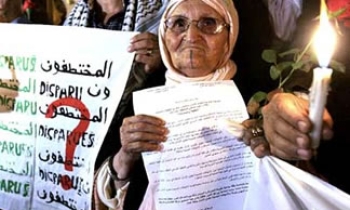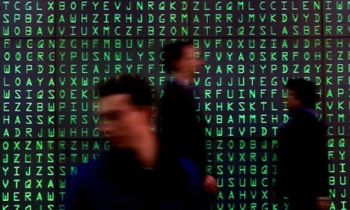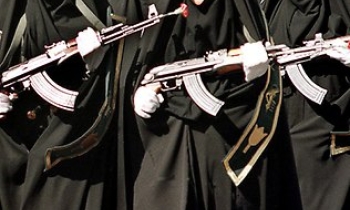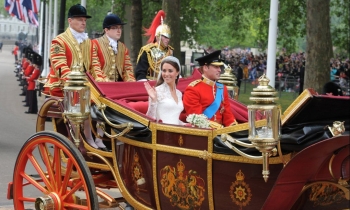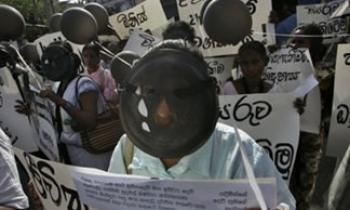NEW YORK: With the news of reporter Jill Carroll’s release "it seems there’s a new round of discussion about media practices in Baghdad, where I have been based since the start of the war in 2003," writes Cox correspondent Larry Kaplow in a letter posted Friday at the Romenesko site at www.poynter.org. "Many newspaper reporters, including myself, reject the 'hotel journalism' characterization about our work in Iraq.
"Now that I’m on a short break in the U.S., it's become clear to me that it’s just hard for people to envision the way we work. I'd like to describe how we get our jobs done as a way of showing that we are in fact immersed among Iraqis on a daily basis and still quite able to report. Not to brag, there are many other newspaper reporters doing the same things. (TV, radio and wire services sometimes have different restrictions)."
The rest of Kaplow's letter follows:
"Along with most other American newspaper reporters, I live in a hotel outside the Green Zone, guarded by Iraqis with no U.S. troops. I move around with two common Iraqi cars, one for me and my translator and another with a few Iraqis who keep us out of the way of U.S. or Iraqi convoys and watch for anyone following us. True, I do not drive to other cities because those roads are more dangerous (though some reporters do this) and I avoid several neighborhoods of western Baghdad, though I might still go work there if that was the only way to get to an important element of a story.
"Having said that, while it takes some patience and resourcefulness, I am reporting among Iraqis nearly every day in the many parts of Baghdad where we do go. These are Sunnis and Shiites and we see them in their offices, schools, stores and homes. Private meetings such as in a home or office can range up to two hours or more, including photographs and the usual Iraqi hospitality of shared tea or coffee.
"A couple examples:
"I still often do street interviews to size up Iraqi opinions, an important task because I think those opinions will ultimately determine the fate of the U.S. effort. In the past, I might park my car on a commercial street and walk from store to store, interviewing folks as I go. Now, we park, go to one store for 20 minutes to a half hour, then return to the car, drive to another neighborhood (watching that we’re not followed) and repeat the process. It gets the same result, just takes a little more time and thought.
"I recently wrote a series of profiles for the third anniversary of the war. I interviewed an Iraqi soldier as he guarded a mosque in full view on a residential street. I interviewed a stockbroker in her office, a grieving father at the wake for members of his family killed in a mortar attack, a Kurdish businessman in his Baghdad hotel lobby, a teacher in her school, among others. Sometimes, I send my translator to make the first contact to see if our subject is willing to talk. I might not always have him make a specific appointment but ask what time they’re usually around so we can later drop in. Often, though, we do make appointments. I have also had subjects come meet me in my hotel, which is easily accessible to them.
"Last year, when I wanted to write about Sunni children from rough neighborhoods, I went to a community center swimming pool that drew Sunni kids from all around. When I needed to profile an Iraqi child recently for a newspaper’s 'News-for-Kids' feature, I went to one of the Shiite religious rituals in which young boys march in processions.
"I identify myself as an American reporter and almost never get refused an interview on that basis (Iraqis frequently refuse to be quoted or photographed for their own security, knowing they could show up on the Internet). The worst time for me, I think, was November, 2004. It became easier to move around for much of 2005 (despite the clearly deteriorating conditions for Iraqis) and tightened up again somewhat after the kidnappings of the Christian Peacemakers and Jill Carroll. But the recent sectarian violence seemed to take some of the focus off U.S. journalists and we were moving around more freely again. I did my DVD and antique shopping for my trip home.
"To conclude, there are still numerous ways to get things done. Despite all the violence, newspaper reporters are regularly among Iraqis. We get a more textured, 360-degree view of Iraqi life than the military, U.S. contractors, diplomats or even Iraqi VIPs (now often based in the Green Zone), something they occasionally mention as they watch us leave their bases and return to the 'Red Zone' where we live."

